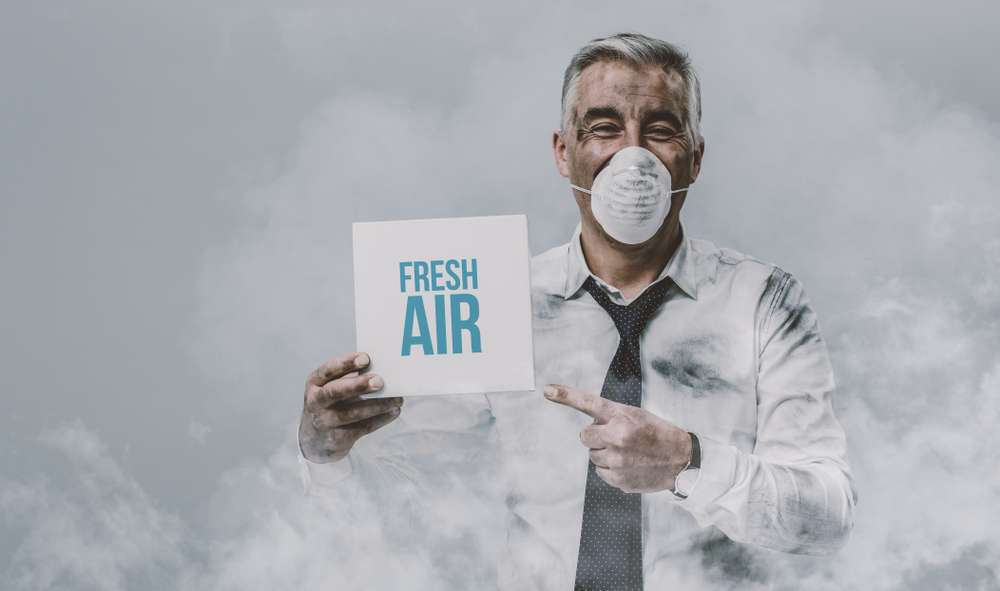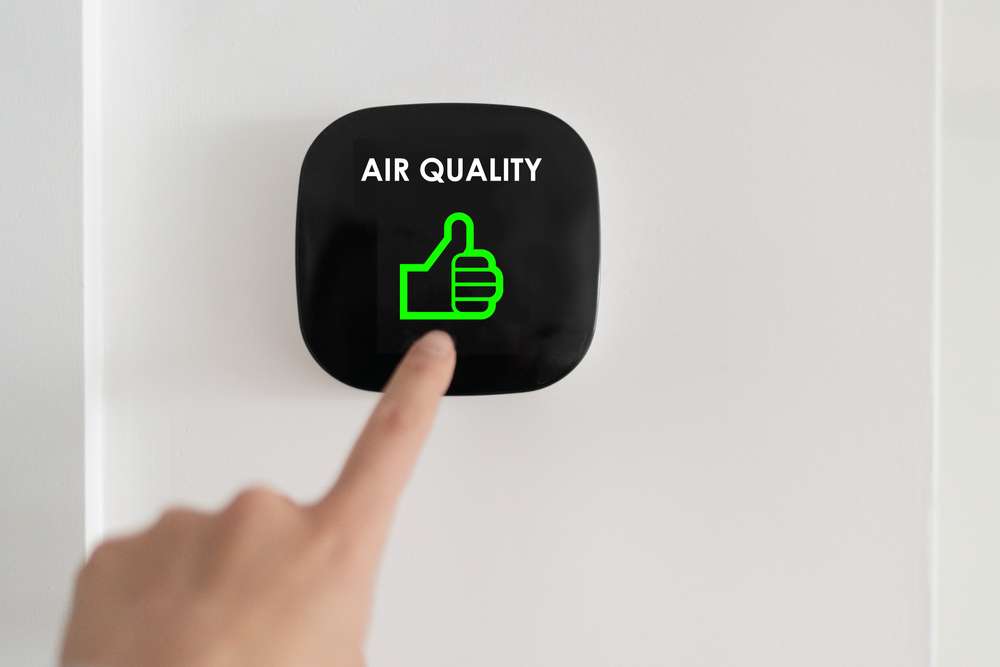These days, more and more people are spending their time at home. Even if you don’t, it’s reasonable to expect that when you are at home (or somewhere else) it should be the best experience possible. This is where air purifiers can help, but what does an air purifier do exactly?
On a basic level, an air purifier is a machine that helps improve the air quality of your home. Air purifiers do this by drawing in the air around them, filtering and sanitizing the air, then pushing the cleaner air back out. By doing this, air purifiers help reduce a variety of health issues and improve others. It’s important to know that not every air purifier is the same though, with different sizes, types, filters, and the pollutants they capture all contributing to the differences.
What Air Purifiers Can Remove

While it can be difficult to think about the possible pollutants in your home, it’s important to know what can be causing problems for you and those you care about. Then you can make informed decisions and purchase the air purifier that will be just right for you. With that in mind, the two types of pollutants you’ll want to know about are particulate matter and gaseous pollutants.
Particulate Matter
Particulate Matter, also sometimes known as Particle Pollution, is a wide variety of particles that can show up in your home for a wide variety of reasons. They are generally solid particles, but can sometimes be liquid too.
Dust
Dust is a known problem-causer for us humans. Just think about the last time you tried vacuuming or dusting? How often did you sneeze? Did your eyes get irritated? There’s not much we can do about dust since we create it, but that’s all the more reason to consider an air purifier to help.
Dust Mites
Dust mites are a problem not because they bite or do anything to us directly. No, dust mites are a problem because they use our homes as their homes too. They can live basically anywhere in our home and cause allergies through their fecal droppings and body parts. Since they’re in most homes, it’s worth considering what air purifiers can best help you with these annoying pests.
Pollen
Many people suffer from pollen allergies. If you’re lucky enough not to, just know that pollen shows up mostly in the spring and summer, although it can show up in the fall too. Pollen comes from various flowers, but some pollen can also come from trees and weeds. It’s a fine powder that’s usually yellow and it can easily make its way into a home.
Animal Dander
If you have pets, animal dander is another particle pollutant to consider. Basically, dander is similar to dandruff in humans, but it’s much smaller and only comes from animals. Although it’s less likely to occur in places without pets, it can still work its way in.
Bacteria And Spores
Unlike some of the other pollutants on this list, bacteria and spores can end up growing in your home as opposed to being dragged in or shed. These include surfaces we’ve touched, areas with moisture, mold, and so on.
Gaseous Pollutants
Gaseous pollutants are an area where knowing what exactly an air purifier does is important. This is because not all air purifiers filter out gaseous pollutants. Some examples of gaseous pollutants include ozone, smoke, and carbon monoxide. There are tests for these types of pollutants, so it may be worthwhile to have one performed before deciding on what kind of air purifier you want.
How Air Purifiers Improve Your Health

Okay, so you’ve read all about all the nasty stuff that can show up in your home. You’ve also learned what air purifiers do to help get rid of those pollutants. What does an air purifier do to help your health though? It can do several things actually.
Reducing Irritation Symptoms
Going back to the examples for dust, pollen, and dander, maybe you’ve experienced those days where you just can’t get your allergies sorted. Maybe your eyes are red or maybe your nose and throat feel irritated for some reason. These could all be signs of poor air quality. Having an air purifier helps to reduce these frustrating health issues.
Improving Long-Term Health
Air purifiers are not miracle workers, but they can help reduce the risk of certain major health issues. Take gaseous pollutants for example. Another example of a gaseous pollutant is radon. Radon is a known carcinogen (something that helps cause cancer), which certain air purifiers can help to take care of.
There’s also the fact that living with continued poor indoor air quality can have a cumulative effect, meaning that over time the issues you’re dealing with will only get worse and worse as your body becomes less and less able to take care of them. Having an air purifier can help to mitigate the stress of these issues and allow you and your body to rest more easily.
Frequently Asked Questions

Here are some answers to questions you might have after learning what an air purifier does exactly.
Are Air Purifiers Effective?
Yes, they absolutely are. Although no air purifier is perfect, they have been proven to succeed at what they set out to do.
How Expensive Are Air Purifiers?
That will depend on how much money you can spare. Some air purifiers cost under $100 while others cost over $1,000. It just depends on what size you’re getting and what you need the purifier to do.
Are Air Purifiers Safe?
Another variation of this question is whether or not air purifiers can make us sick. The short answer here is that yes they are safe, and no they don’t make you sick. If anything, they make you less sick.
Are All Air Purifiers The Same?
No, there are many different types of air purifiers. They come in different sizes, with different filters, and different features too. Doing your research before purchasing one can go a long way to helping you get one that’s just right.
How Will I Know Which Air Purifier To Purchase?
We’ve got you covered. Here are some lists that can help you to find the right air purifier for you: battery-operated air purifiers, wall-mounted air purifiers, and odor-removing air purifiers.
Conclusion
So, what does an air purifier do? As you’ve read, it does a lot of things, but most of all it keeps you and your family healthy. It does so at a reasonable cost, and it also does so in a way that’s safe for you and those you care about. It’s well worth it to invest in better air quality when more and more people are spending their time at home. So, what do you think about air purifiers? Are you ready to invest? What would be your reasons for getting one? Let us know in the comments below!

